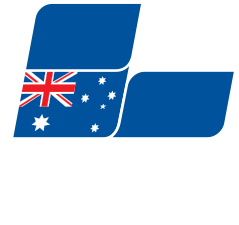The Shadow Minister for Agriculture and Regional Development Dr Steve Thomas has today announced that an elected Liberal Government will invest $12 million from the Royalties for Regions fund so that good landowners will not have to pay for their own biosecurity and for those who don’t bother doing the job, especially State Government Departments.
“The Liberal Party takes biosecurity seriously, and we are absolutely committed to both keeping out exotic diseases and pest species and controlling them when they have already invaded” Dr Thomas said.
“But we also believe that the current Labor Government has failed to deliver these outcomes, and instead they have made landowners across the state responsible for the Government’s own failures and charges them a levy for the privilege.”
Dr Thomas said that the Liberal plan would see a Liberal Government fund both the landholders biosecurity levy across regional Western Australia and the matching Government funds for the next four years.
“Instead of WA landowner being charged this levy, which is then matched by the Government, the Liberals in Government will fully fund Recognised Biosecurity Groups (RBGs) to their current level for the next four years” Dr Thomas said. “At the end of that period we will assess their results and make a decision on the way forward.”
“This might mean that after four years of demonstrated success by RBGs the levy may be reimposed because of the proven benefit to landowners. If that occurs it may be that the matching funding is lifted to 2:1. It also remains an option to continue to fund the full cost of the RBGs” Dr Thomas said.
The Liberal Policy will mean that landowners will have to see real benefit for this new tax before it is imposed and represents an end to shifting the problem from the State to the community.
“Landowners know that the biggest sources of invasive weeds and feral animals is public land managed by State Government Departments, which is why they are so incensed that the Labor Government is not doing their duty but instead cost shifting to effort onto the very landowners they are infecting” Dr Thomas said.
The cost of the policy is expected to be $3 million a year.
